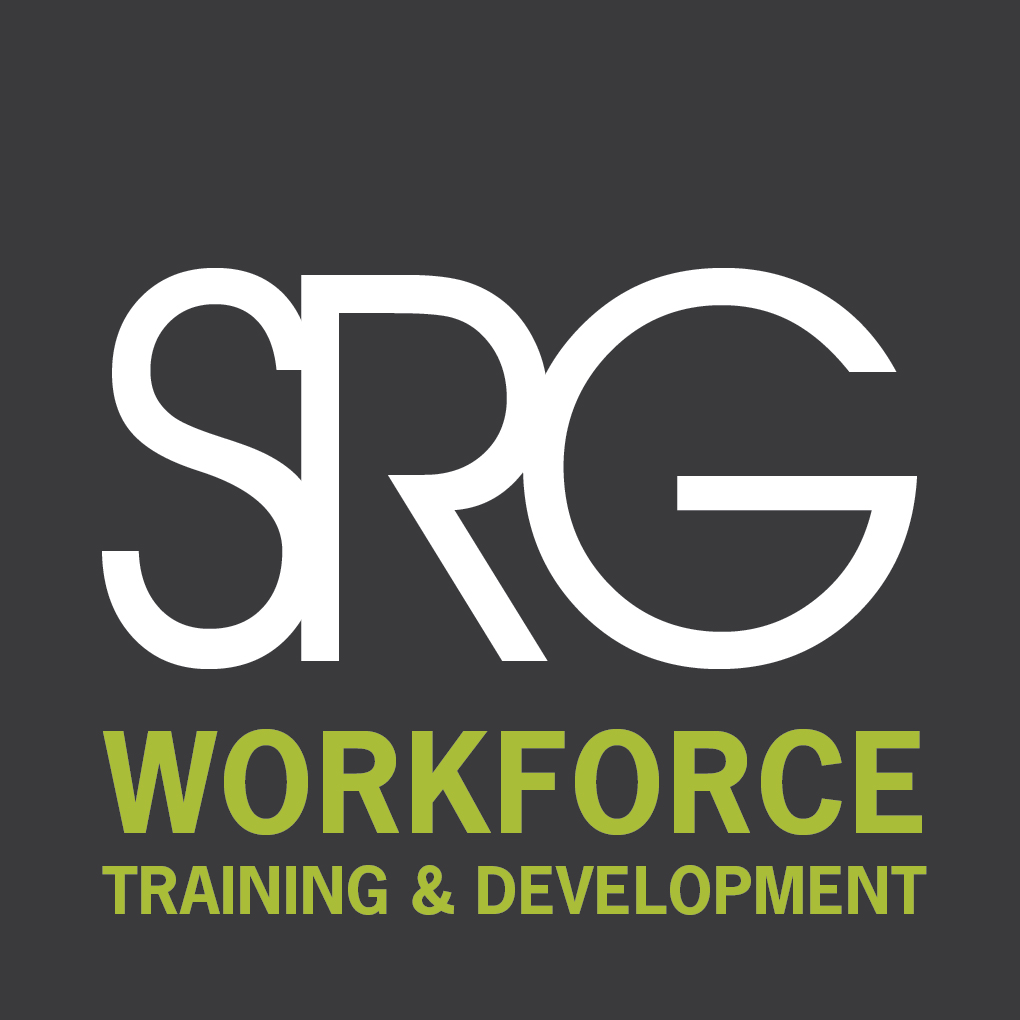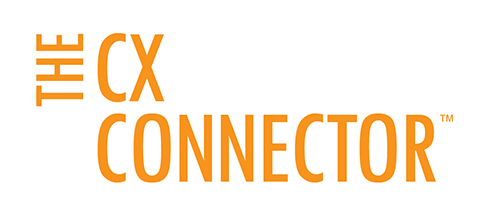
How the Power of Knowledge
can Impact your Hiring
By Sean Hemraj, VP Business Development & Marketing, SRG
“scientia potestas est” – knowledge is power
This phrase was originally attributed to Sir Francis Bacon (22 January 1561 – 9 April 1626) who was the First Viscount of St. Alban, an English Philosopher, Scientist, Statesman, Jurist, Orator, and Author. He unfortunately met his end from a bout of pneumonia while studying the effects of freezing on the preservation of meat. Strangely fitting for a man with such a last name.
Though Sir Francis is gone, his coined phrase still lives on to this day and can be applied in so many beneficial ways throughout the course of one’s life. How many examples can you think of where the use of knowledge could not have made better a situation? Not many I’m sure. Which is the primary reason why society encourages education, employers invest into workforce training, and corporations promote seasoned executives.
However, knowledge by itself is not advantage enough in today’s market; you have to know how to apply it. Further still, knowledge applied to current state is just the beginning. The real opportunity lies in predictive knowledge that offers a glimpse of what’s to come so that companies can be prepared for that next hurdle.
One key area where the concept of predictive knowledge is keenly being applied is in workforce development. Not only do industries have to understand what their human capital needs will be for their current business gaps, but also how these needs will evolve based on market changes in their industry. This knowledge will additionally allow recruiters to create progressive job descriptions that build in skills sets requirements that continually offer value to the company.
As an organization in a progressive industry, I will assume that your goal is to be profitable year over year and remain relative with your target market. With this assumption in mind, here are a few steps that you can follow in order to build a progressive hiring strategy that aligns your present workforce demands with your future organizational needs.
Know the Trends
Before you can fully understand how to build a strategy within your organization, you have to know the trends in your industry. This is essential and really provides a beacon of direction on how you will lay out your short and long term recruitment strategy. Though it sounds complicated, it’s actually all about your ability to research (because all the information you are looking to acquire is online). Such aspects as unemployment rates, minimum wage gaps, and graduate migration can all be found in a labour market report or your local government website. Just like the stock market, everything is based on trends, so don’t rely on only one year of data. Shoot for one to two years back if possible. These details will show you how hard your organization will have to work (or how much you will have to invest) in order to attract and retain the talent you are seeking. Key to this will be deciding how much you will want to invest into training a new hire versus hiring the ideal candidate from the street.
Organizational 360
Before making hiring decisions, it’s common to build a business case with the department that is making the request, in order to first establish the validity of the hire. An aspect that should not be missed is how that hire can also be utilized beyond the one department and throughout the company. Often times, departments are not aware of what other departmental needs are when making hiring decisions. They devise a recruitment strategy in a vacuum that only considers their needs. It is surprising how frequently the needs of one department are emulated through a company. Had they known other needs they would have looked at a global solution that not only efficiently made use of resources, but offered a progressive solution for current projects and those to come. With this knowledge, a job description could be built with more insight into future development of skills, leading to future project needs. Turnover would be mitigated (whether by employee dissatisfaction for promotion, or their role becoming obsolete).
Review, Reflect and Progress
With any good process or strategy, it is important to never become complacent – even when the results are optimal. Complacency will creep up without a system to keep ROI in check. For this reason, it is essential to frequently reflect on your recruitment strategies. As with a ship crossing the ocean, though you know where the destination is, there are a number of corrections and adjustments for obstacles that must be made along the way to ensure you still reach the port. Knowing where you want to be and getting there can often be different parts of one important strategy. For this, some organizations will perform an annual review to ensure that they are still pointed in the right direction. This is especially necessary when a strategy was built on a two to three year implementation plan. That timeframe alone can promote inconsistencies from the date of inception to the date of application. Take note of variations in market trends here and adjust as necessary.
In conclusion, knowledge and the ability to predict the circumstances in which you will need to establish justifiable returns wasn’t only a passing note by a historic figure. Knowledge isn’t power unless you apply what you’ve learned to your business practices. An understanding of current needs, workforce gaps and future trends are keys to the success of your organization. And that, my friends, is using your knowledge wisely.


The CX (Client Experience) CONNECTOR™ is achieved by collaborating with you to determine seasonal production demands, identify workforce gaps, source key skill sets and experience and focus on sustainable performance to support the growth of your organization. Utilizing customized reporting and strategic service meetings, we track and review performance indicators with you to ensure continued workforce engagement and contribution to your organization.
For more information on SRG’s workforce training and development services, contact your local SRG office.

